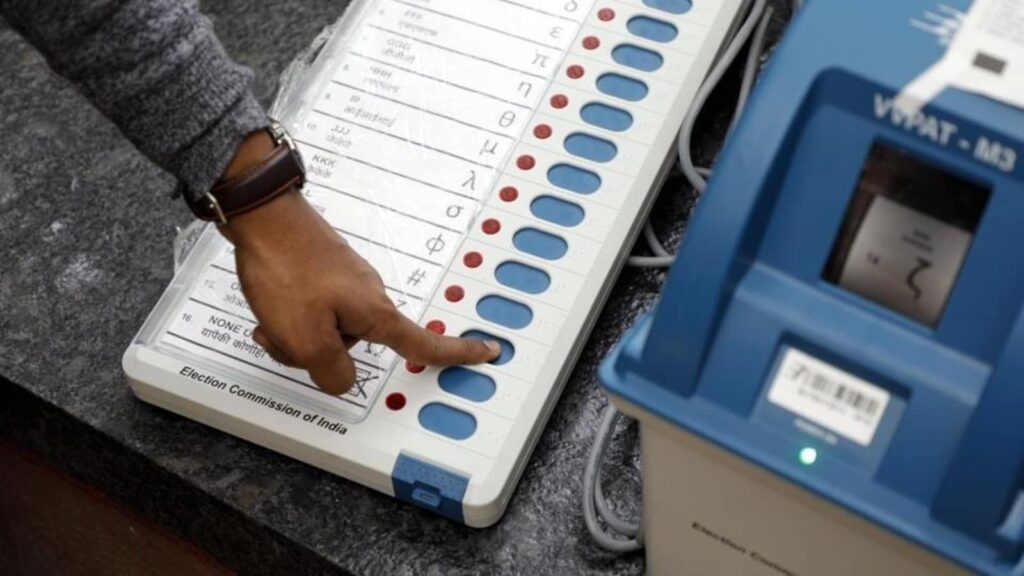Continuing violence in West Bengal ahead of the July 8 panchayat polls doesn’t augur well for the elections that function as a barometer of grassroots popularity in a state rocked by allegations of corruption in government recruitment. Since the state election commission (SEC) announced the poll dates last week, clashes have swept through some districts, with at least two people dead. Opposition parties have alleged that members of the ruling Trinamool Congress (TMC) are not allowing them to file nominations, for which the window is anyway narrow.
This has prompted extraordinary political scenes where bitter rivals Bharatiya Janata Party (BJP) and the Congress have approached the Calcutta high court to ask for more central security forces, and local leaders of the BJP, Congress and Left parties are considering going to file nominations in groups, in order to stave off the possibility of violence.
Violence and elections in Bengal have had an unfortunate relationship dating back decades; which becomes noticeable in rural areas, where holding the local panchayat often translates into a virtual fief over the area and its voters. Though the phenomenon of the ruling party winning many panchayats uncontested is also seen in other states, it is rarely tinged with the kind of tension and violence as seen with the Bengal rural polls.
In 2018, for example, at least 20 murders were reported with the needle of suspicion pointed at some local politicians. Local body polls also form the bedrock of representational politics. It is the responsibility of the election authorities and the state government, to ensure free and fair polls so that this foundation is not eroded. Elections marred by violence serve no one, least of all the ones perpetrating the brutality. It’s a lesson politicians would do well to remember.
Enjoy unlimited digital access with HT Premium
Subscribe Now to continue reading


